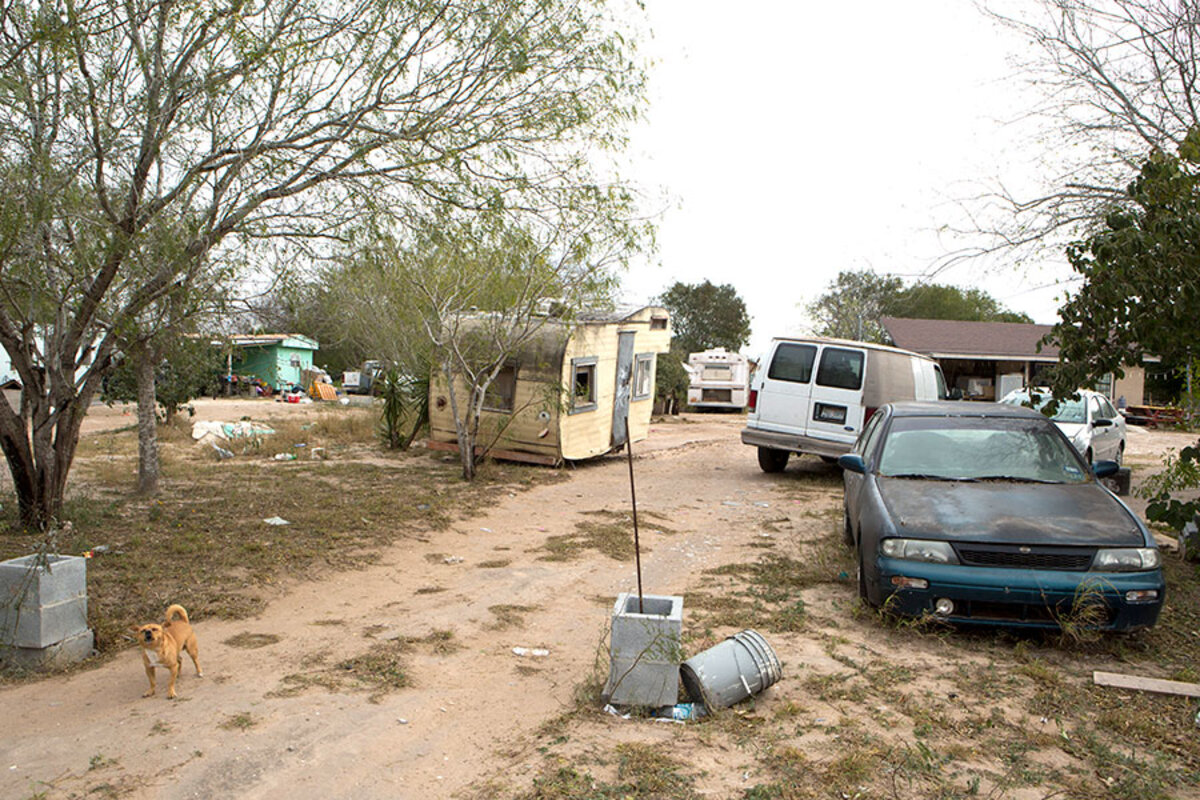Our first story looks at Washington State’s new system for dealing with gun owners who may be at risk of injuring themselves or others. It’s not a perfect solution, but a few states say it offers a sensible path to safety without revoking Second Amendment rights.
Monitor Daily Podcast
- Follow us:
- Apple Podcasts
- Spotify
- RSS Feed
- Download
 David Clark Scott
David Clark Scott
“Politically homeless.” That’s how conservative National Review senior editor Jonah Goldberg describes himself.
A recent headline on a column by Max Boot read, “If this is what conservatism has become, count me out.” Trampled by the populist appeal of Trumpism, “principled conservativism,” says Mr. Boot, is “increasingly disconnected from the stuff that thrills the masses.”
On the 10th anniversary of William F. Buckley Jr.’s death, Republican control of Washington is at an apex. But, by many of its own members’ admission, the American political right faces a crisis of integrity: The Republican Party is adrift from its moral moorings.
Take Mona Charen. The longtime columnist, who has unimpeachable conservative credentials, was met with jeers when she spoke at the Conservative Political Action Conference (CPAC) last weekend. Her sin? She challenged Republican hypocrisy on sexual harassment, citing the behavior of President Trump.
Ms. Charen worries that total party loyalty – tribalism – is now the leading value among Republicans, effectively superceding other “conservative” ideals, including respect for women.
One of the other women on the CPAC panel later commended her bravery. Security guards escorted Charen out for her own protection. Yet Charen wrote in a New York Times opinion piece the next day that there’s “nothing more freeing than telling the truth.”
Now we’ve selected five stories for you, including looks at possible paths to progress on gun violence in Washington State, as well as paying for health care for the poor in Kentucky, and solving a crime spree in Australia.










